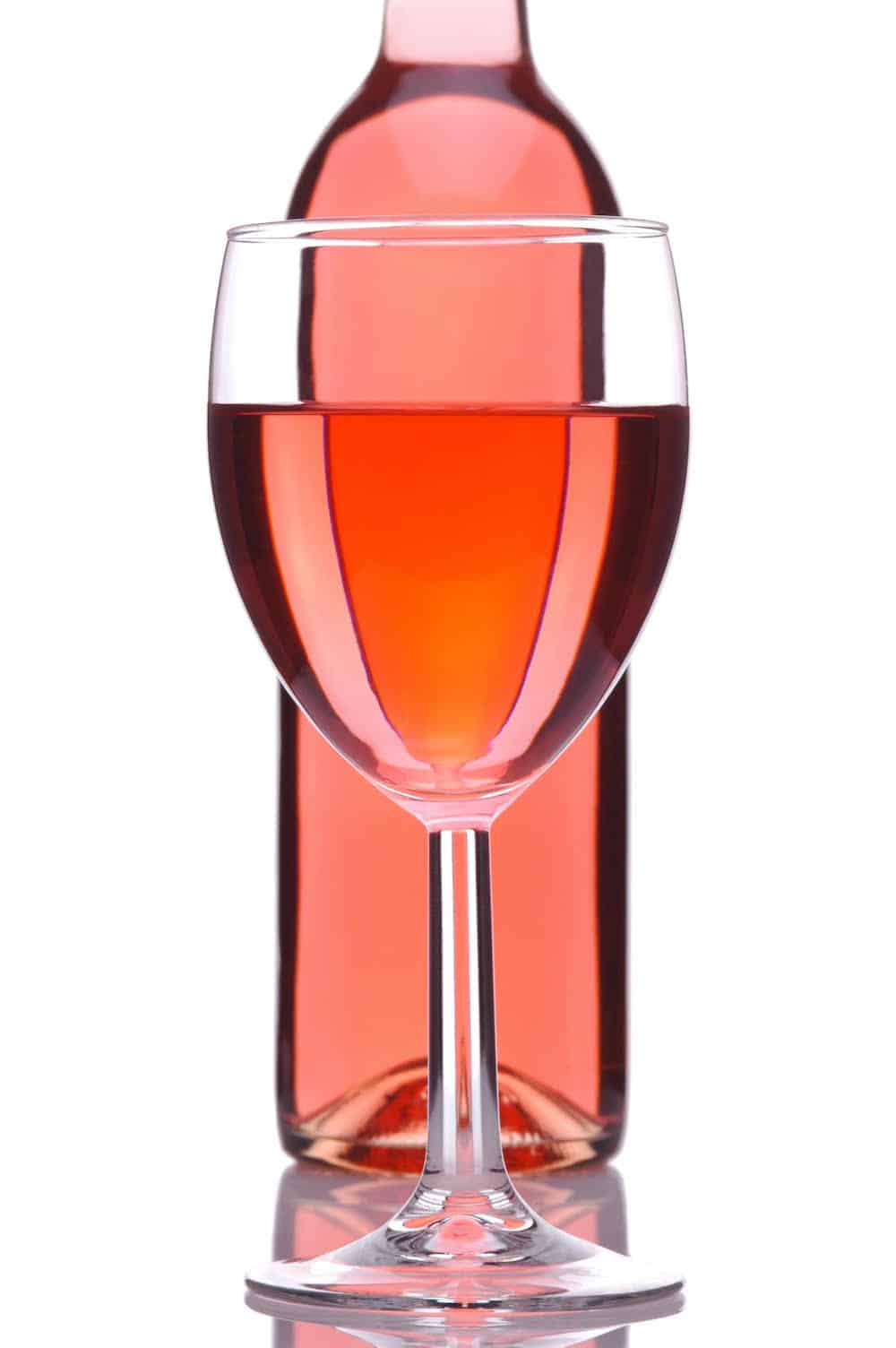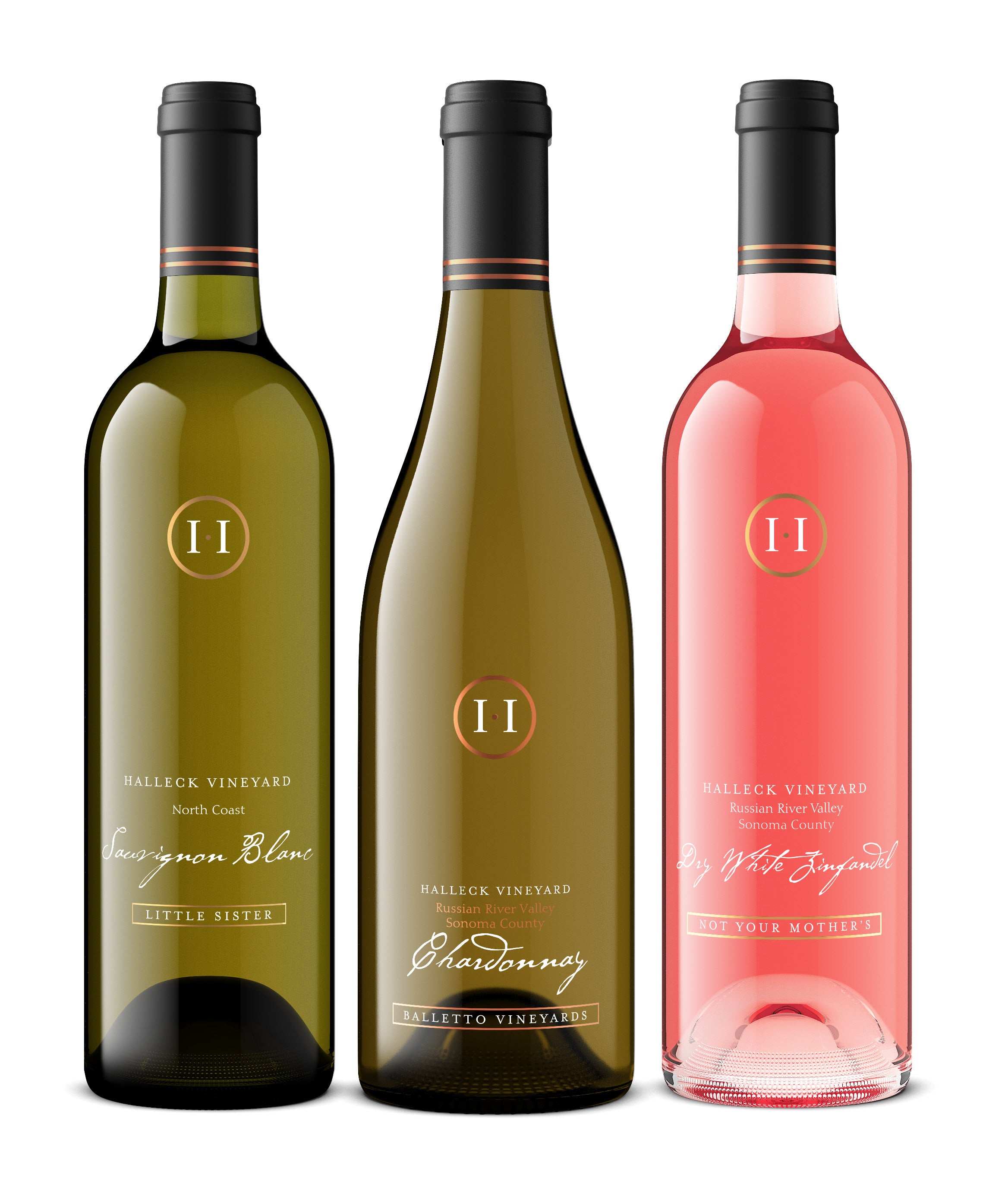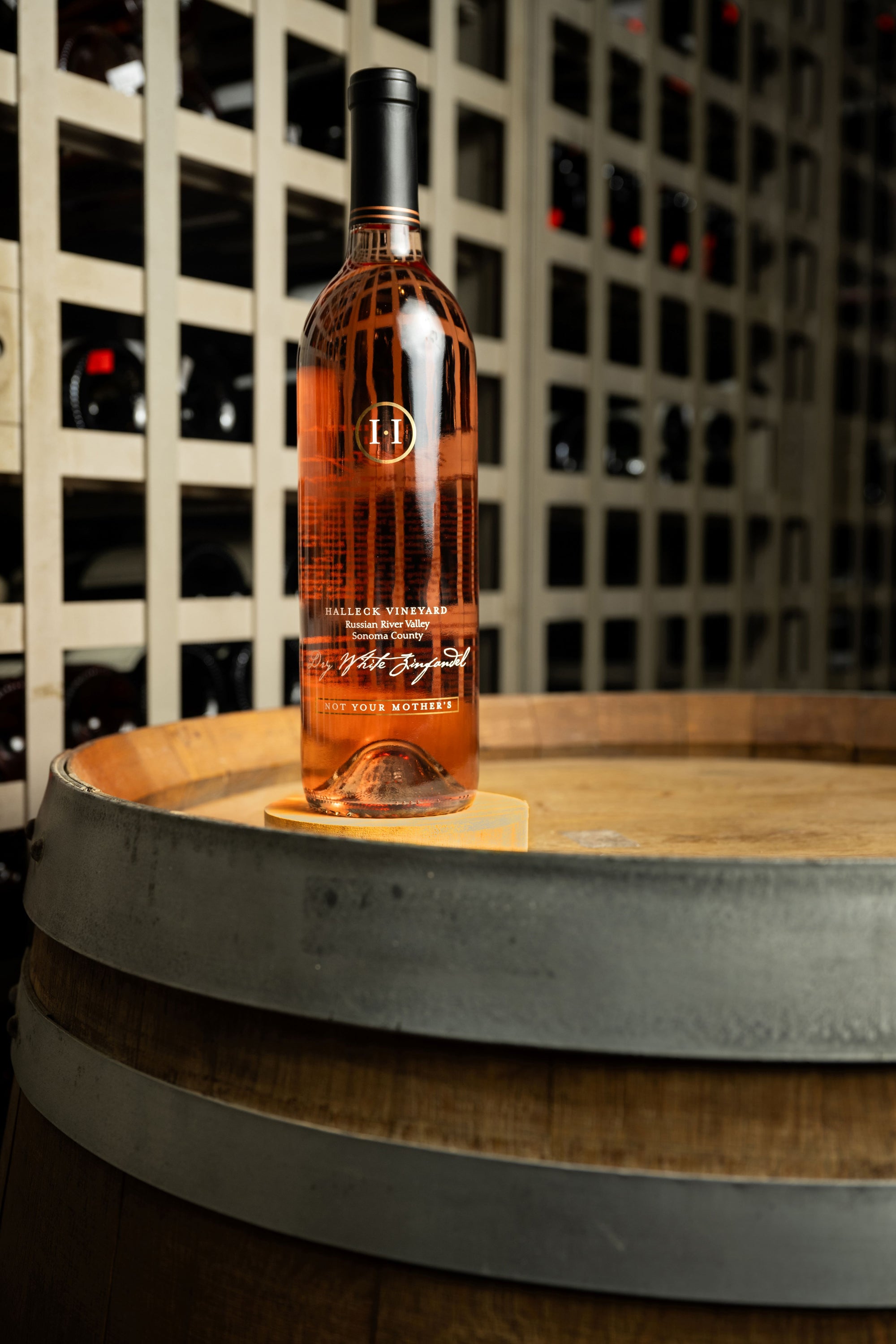Wineries Ideal For Large Groups - Best Winery Located In Sonoma
Wineries Featuring Vineyard Tours - Enjoying A Vineyard In Sonoma
Wine tasting is usually considered an art form, one which goes beyond merely having fun with a beverage. It embraces a complex interplay of flavors, aromas, and textures that requires dedicated practice to really grasp. Many who venture into the world of wine tasting rapidly realize that it entails much more than just sipping wine. Enhancing sensory skills by way of dedicated winery wine tasting can elevate the experience, remodeling a casual drinking occasion into a complicated exploration of the senses.
At a basic level, wine tasting engages the senses of sight, smell, taste, touch, and even sound. Every component performs a crucial position in appreciating the nuances of a wine. When one first pours a glass of wine, the wealthy hues can provide preliminary insights into its age and varietal. Observing the colour and clarity helps kind expectations about the wine's flavor profile. Many don’t absolutely appreciate how this visual evaluation can set the stage for what is to comply with.
The subsequent step is to have interaction the sense of smell. Swirling the glass aerates the wine, allowing its risky compounds to flee and fill the air with its bouquet. The nostril entails some fascinating layers—different aromas can signal various elements of the winemaking course of, together with the kind of grapes used, fermentation methods, and growing older circumstances. Growing a eager sense of smell can be a game-changer in wine tasting.
Best Wineries For Sunset Views In Sebastopol - Top Sonoma Wineries To Visit
To enhance this sensory skill, wine enthusiasts are often encouraged to take part in dedicated tastings at wineries. These tastings enable individuals to focus solely on the sensory experience (Wineries With Scenic Views). Tasting sessions led by educated sommeliers or winemakers can offer insights into identifying distinct aromas. Learning to differentiate between floral, fruity, earthy, and spicy notes can empower a taster to articulate their experience with greater precision.
As one practices their sensory talents, they may discover that their style preferences evolve. This transformation typically happens after multiple tastings. A wine that originally seemed overwhelming may reveal hidden layers of complexity with a little bit of experience. Understanding tips on how to isolate particular person flavors similar to acidity, sweetness, bitterness, and umami contributes considerably to the overall wine experience.
One Other important element in enhancing sensory skills is the context in which wine is tasted. Environmental elements like temperature, lighting, and even the corporate present can affect perceptions. At a winery, an optimum setting can scale back distractions and allow a more profound exploration of the wine (Off The Beaten Path Wineries In Sonoma). Practicing aware tasting techniques encourages a extra immersive experience, allowing tasters to hone in on their senses.
It is not solely about individual perception, although. Engaging with others throughout a tasting can also enhance sensory skills. Sharing notes and discussing impressions fosters a deeper understanding of the wine. This collaborative method encourages participants to articulate their sensory experiences, thereby broadening their linguistic repertoire associated to wine tasting.
Wineries Offering Private Events - Wine Tasting At Sonoma Vineyards
Moreover, pairing wine with food can significantly improve the tasting experience. Completely Different mixtures can bring out distinctive flavors in both the wine and the dish. As one tastes a wine alongside particular meals, they will start to acknowledge how certain components within the wine complement or contrast with what they're consuming. This skill of pairing is another layer that enriches sensory growth.
Training one’s palate can contain a big selection of workouts. Some enthusiasts engage in systematic tasting experiences, sampling a spread of wines that showcase totally different varietals, areas, or vintages. Exploring this range can sharpen the ability to discern nuances throughout totally different wine profiles. Over time, this practice builds a mental library of flavors that could be accessed during future tastings.
Notably, written notes serve a twin purpose: organizing one’s ideas and reinforcing memory. By writing down observations about every wine, tasters can track their progress over time. Detailing the traits of wines assists in solidifying data, ultimately deepening one’s appreciation of what they consume.
Furthermore, attending workshops or classes focused on sensory evaluation may additionally be beneficial. Many wineries supply these educational packages to help people refine their skills. Often, skilled instructors guide individuals by way of structured tastings, focusing on specific parts of the wine. This stage of schooling reinforces the sensory skills asynchronously and challenges tasters to consider their experiences from totally different angles.
Wineries With Breathtaking Gardens In Sonoma - Sonoma Wine Tastings

Over time, the commitment to improving sensory skills through dedicated winery wine tasting can yield significant rewards. The enjoyment derived from wine becomes layered and multifaceted. No longer limited to a simple preference for "red" or "white," tasters begin to appreciate the stories behind every pour. They domesticate a palette able to navigating the advanced panorama of flavors with confidence.
In conclusion, the journey of enhancing sensory skills via dedicated winery wine tasting is as rewarding as it is pleasant. It requires focus, commitment, and a willingness to learn, however the outcomes far exceed the preliminary effort. By participating a quantity of senses and collaborating in considerate discussions, individuals not only become more proficient at figuring out flavors but additionally develop a deeper appreciation for the craftsmanship behind every bottle. The process transforms wine from a mere beverage into a wealthy tapestry of sensory exploration that beckons enthusiasts to delve deeper. As skills enhance, so too does the enjoyment, enriching life experiences one sip at a time.
Beautiful Picnic Areas At Sonoma Wineries - Top Sonoma Wineries To Visit
- Participating the palate through diverse wine varieties enhances the power to differentiate flavors and aromas, refining general sensory notion.
- Taking Part in guided tastings promotes centered consideration on subtle characteristics of each wine, nurturing crucial tasting skills.
- Studying to determine particular grape varieties fosters a deeper understanding of terroir, which aids in recognizing regional flavor profiles.
- Incorporating food pairings throughout tastings can heighten sensory consciousness, as completely different tastes can influence each other and alter perceptions.
- Practicing the art of swirling and nosing wines allows individuals to connect olfactory cues with taste, improving the power to articulate sensory experiences.
- Attending workshops that emphasize blind tastings trains individuals to rely purely on their senses quite than preconceived notions, enhancing objectivity.
- Elevating sensory skills can lead to better wine selection talents, empowering individuals to make informed choices based mostly on personal preferences.
- Participating with educated sommeliers presents insights into wine-making processes, which deepens sensory appreciation and enhances vocabulary for describing wines.
- Common participation in tastings encourages memory improvement of flavors and aromas, aiding within the formation of a personalized sensory profile over time.
- Sharing tasting experiences with friends fosters discussion, promoting communal learning that can enhance individual sensory skills via collaboration.undefinedWhat is the purpose of improving sensory skills through wine tasting?

Bettering sensory skills via wine tasting allows people to reinforce their ability to establish and respect the various aromas, flavors, and textures of wine. This heightened sensory consciousness can result in a deeper understanding of wine and an overall enriched tasting experience.
Off The Beaten Path Wineries In Sonoma - Sonoma Vineyards For A Perfect Day Out
How can I develop my sensory skills at a winery?
You can develop your sensory skills at a winery by collaborating in guided tasting periods that focus on specific varietals. Interact with knowledgeable staff who can provide insights and encourage you to take notes in your impressions, enhancing each your observational and descriptive skills.
What ought to I anticipate during a dedicated wine tasting experience?
Wine Tasting Tours In Russian River Valley - Sonoma's Best Vineyards
Throughout a devoted wine tasting experience, count on to pattern a number of wines whereas receiving targeted education about each one. You'll study concerning the winemaking process, tasting techniques, and tips on how to discern different sensory traits, all in a relaxed setting.

Is prior information of wine essential to benefit from a sensory skills workshop?
- Wineries In Green Valley
No prior knowledge of wine is critical; the workshops are designed for all ranges of experience. Beginners will discover priceless info to construct from, whereas seasoned tasters can refine their skills and expand their palate even additional.
How do sensory skills impression my overall wine appreciation?
Good Wineries For Large Groups In Sonoma Valley - Family-Owned Wineries In Sonoma
Improving sensory skills considerably enhances your overall wine appreciation by permitting you to determine subtleties and complexities in wines. This deeper understanding enriches your tasting experience and helps you make informed alternatives based mostly on read review personal preferences.
Are there particular techniques I ought to use while tasting wine to enhance my sensory skills?
Wineries Offering Educational Wine Seminars - Sebastopol Wine Country Vineyards Adventure
Sure, employing techniques such as the "SWOT" method (Sight, Swirl, Smell, Sip, Savor) can be helpful. Pay consideration to the wine's look, aromatics, and mouthfeel, and take your time with every sip to completely explore the flavors and sensations.
What sort of wines are typically included in sensory skills tastings?
Usually, sensory skills tastings embrace quite so much of wines that showcase different areas, varietals, and styles. This variety helps participants establish distinct characteristics and enhances their capacity to distinguish between wines.
Can sensory skills workshops be personalized to my tasting interests?
Wineries That Offer Barrel Tastings - Best Wineries In Sonoma For A Wine Experience
Many wineries supply personalized options for sensory skills workshops, allowing you to give attention to specific basics types of wines or themes that interest you, such as organic wines or distinctive regional choices. It Is greatest to inquire immediately with the winery for tailored experiences.
Is there a way to practice sensory skills after leaving the winery?
Yes, you can practice your sensory skills at home by tasting completely different wines and preserving a tasting journal. Experimenting with numerous food pairings and aromatics can further enhance your understanding of how flavors interact, reinforcing the abilities gained on the winery.